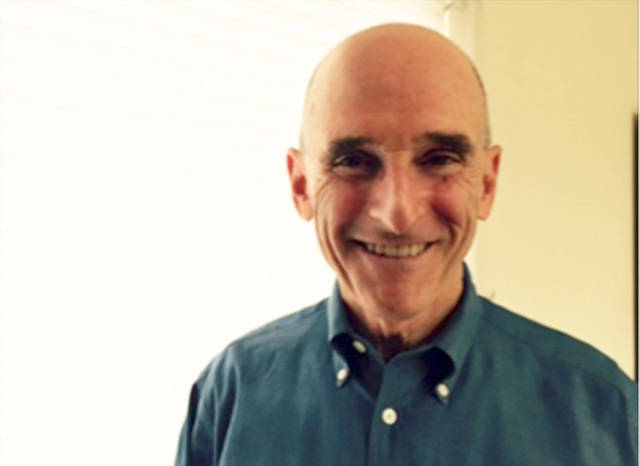For the most part, major news organizations like the New York Times, CNN, the Washington Post, and the Los Angeles Times have provided comprehensive, accurate coverage of major immigration-related developments. Significant policy changes and their impacts on people have been presented with careful regard for both detail and larger issues.
This is as it should be.
Nevertheless, coverage often falls short in underplaying a critical dimension of unfolding events: the extraordinary depth and breadth of resistance to the Trump administration’s policies.
One reason for the shortcoming has to do with patterns of reporting. Media outlets may typically cover a Trump administration initiative followed by reactions from courts, state or local governments, or activist groups. This was the pattern when the Trump administration recently issued new regulations overturning the Flores agreement, the consent decree limiting the number of days that migrant children could be kept in detention. Prominent coverage was given to the Trump initiative and, subsequently, to the lawsuit filed against it by 19 states and the District of Columbia.
High-profile resistance needs to be reported, but resistance also manifests widely in the everyday actions of ordinary citizens.
This past July, for example, when President Trump announced that ICE raids would take place in cities throughout the country, activists stepped up efforts to counsel people on their rights, including the right not to answer the door when ICE knocked. As the raids played out in cities like Houston, Chicago, Atlanta, and Los Angeles, neighbors posted photos and other information on social media about ICE sightings, and, in some cases, documented specific arrests or attempts to arrest. The raids, collectively called “Operation Border Resolve” were intended to apprehend 2,105 undocumented immigrants, but community efforts help limit the arrests to a total of 35 individuals, 18 of whom were identified as “collateral apprehensions” (i.e. individuals who had not been originally targeted).
These recent actions represent only a fraction of ongoing activities undertaken by many people involved in assisting immigrants: visiting individuals held in detention, raising bond funds and finding legal assistance for detainees, finding shelter and employment for people released from detention, and engaging in political advocacy for immigrants’ rights, to name just a few.
But it would misrepresent these efforts to suggest that pro-immigrant attitudes and actions are limited to border states or blue states with high immigrant populations.
As Alan Cross, a Southern Baptist minister, recently reported in the New York Times (“Alabama is More Pro-Immigrant Than You Think,” May 1), Alabama has seen a significant influx of Central American immigrants in the past two decades, and many Alabamans have come to welcome the newcomers, often on the basis of religious beliefs that foster a welcoming of the stranger.
Interviewing a conservative columnist for one of the state’s newspapers, a columnist who wrote last year in support of DACA, Cross asked her why she took that position. She told him, “We had so commingled our faith with our politics that our faith had become politicized. I had to become thoughtful about disentangling those things, to treat the precepts of my faith as primary and let our politics flow out of that.” As another Alabaman explained, “Once people get to know them [immigrants], their hearts change. The perception that people have against them mostly comes from the news.”
It would be untrue to suggest that the resistance to Trump’s immigration policies is cohesive, networked, or self-aware in any kind of collective fashion. But it would also be misleading to characterize the struggles over immigration simply as matters of policy: choosing, say, asylum policy X over policy Y. These issues are entangled with deep cultural attitudes, attitudes having to do with values of human dignity, human rights, and truth itself: bearing witness to needless human suffering and the lies that sustain it.
It would not be wasted time or effort for any serious observer to call out and elucidate the connections that say, “resist!” These are the connections that still uphold and maintain a civil society.
Andrew Moss, syndicated by PeaceVoice,is an emeritus professor (English, Nonviolence Studies) at the California State Polytechnic University, Pomona.



